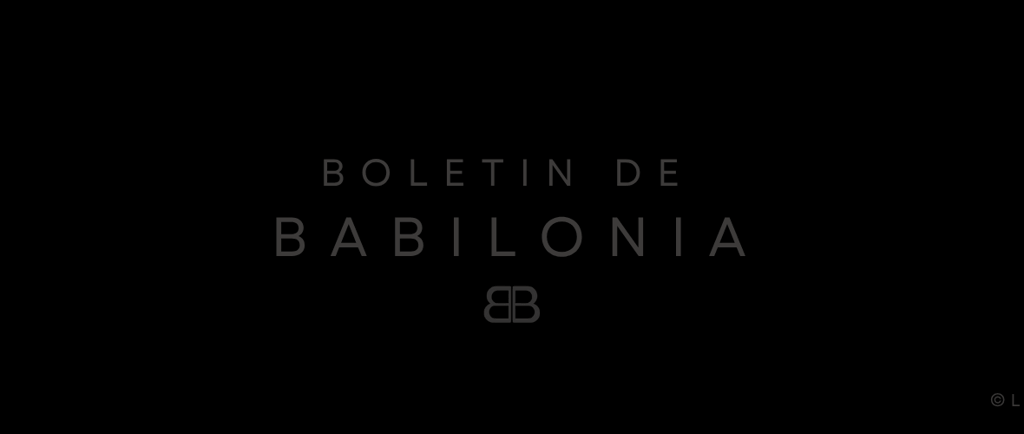Neo Soul Renaissance
Lea Celik Sommerseth Shaw
10/25/2025


Neo Soul Renaissance
By Lea Celik Sommerseth Shaw
When I first heard D’Angelo, I felt that silence that only truth can create, deep and slow, honesty that arrives unannounced, the sound of someone remembering who they are. It wasn’t just music; it was reawakening. Neo-Soul, as the world called it, was more than a genre. It was an act of reclamation — a revival of ancestry through rhythm, rebellion, and grace.
Really Love touches places too fragile for words, to surrender without fear. D’Angelo doesn’t perform; he reveals. The guitar speaks in tongues of devotion, and his voice becomes the prayer, a sacred language, fluent in honesty, vulnerability, and timeless rhythm. It’s not just music; it’s the spirit learning how to speak through sound.
D’Angelo stood at the center of that renaissance, not as a celebrity but as a vessel. When Brown Sugar emerged in 1995, it felt like the world had been asleep, lost in synthetic perfection and commercial pretense, and suddenly this quiet storm came through the speakers — raw, imperfect, profoundly human. He fused gospel and funk, jazz and hip-hop, church and street, pain and prayer. Every chord seemed to breathe.
What drew me to him wasn’t just his voice, though it carried a tenderness that seemed to hover between worlds — it was his integrity. D’Angelo refused to conform to the machine. When fame became invasive, when the industry commodified his sensuality instead of hearing his spirit, he retreated. That silence was an act of resistance, and it reminded me that sometimes the most powerful protest is disappearance — choosing solitude over spectacle.
Then came Voodoo — an album that sounded like it was recorded in another dimension. It was funk and ritual, smoke and scripture. You could hear the sweat in the room, the improvisation, the breath of musicians building a temple from sound. It wasn’t polished; it was possessed. He brought Questlove, Pino Palladino, and the Soulquarians together in a way that made the recording feel like ceremony — a secret conversation between the ancestors and the future.
Neo-Soul wasn’t a label D’Angelo ever claimed for himself, and that’s the irony — the movement was named by critics, but it was created by artists who were simply returning to themselves. Alongside Erykah Badu, Lauryn Hill, Maxwell, and others, he defined a generation that refused to separate spirituality from sensuality, vulnerability from strength. It was rebellion wrapped in rhythm — Black consciousness made audible.
To me, D’Angelo’s greatest impact lies not in the hits, but in the permission he gave others: permission to slow down, to sound human, to sound flawed. In a world that rushes, he reminded us of groove; in a culture that shouts, he whispered. And that whisper changed everything.
When he returned with Black Messiah after fourteen years of silence, it wasn’t nostalgia — it was prophecy. The music was still slow and smoky, but the message was sharp, political, and deeply aware. It was D’Angelo as witness — to Ferguson, to America, to the continuous struggle between creation and control.
As an artist, I often think of him when I need to remember why I create — not for applause, but for alignment. D’Angelo taught us that art is not product, it’s prayer; that rhythm is inheritance; that soul is not a style but a state of being.
Neo-Soul began as a genre, but through D’Angelo, it became a geography — a spiritual home for those of us who still believe music can heal what the world breaks.
Lea Celik Sommerseth Shaw
Milan, 25 October 2025
LCSS INC™ LCSS Holdings LTD. LCSS Foundation LTD. ISIK GROUP © Lea Celik Sommerseth Shaw/ISIK
ALPHA OMEGA EDICION
Please Note Lea has closed her X, LinkedIn, Bluesky. Above are Lea's Only Social media.
© 2025 LCSS INC. Lea Celik Sommerseth Shaw. All rights reserved.
